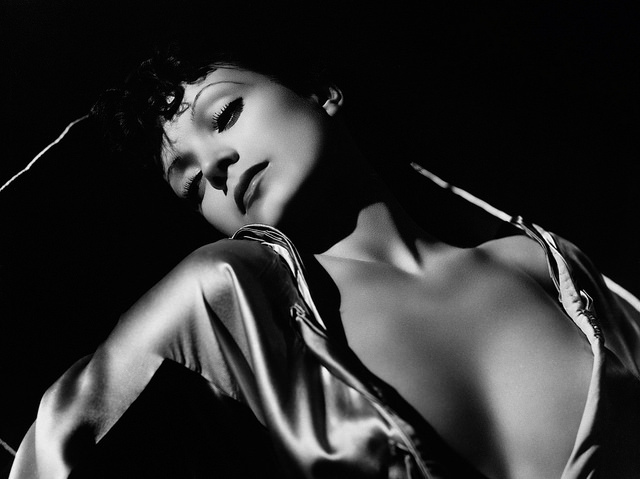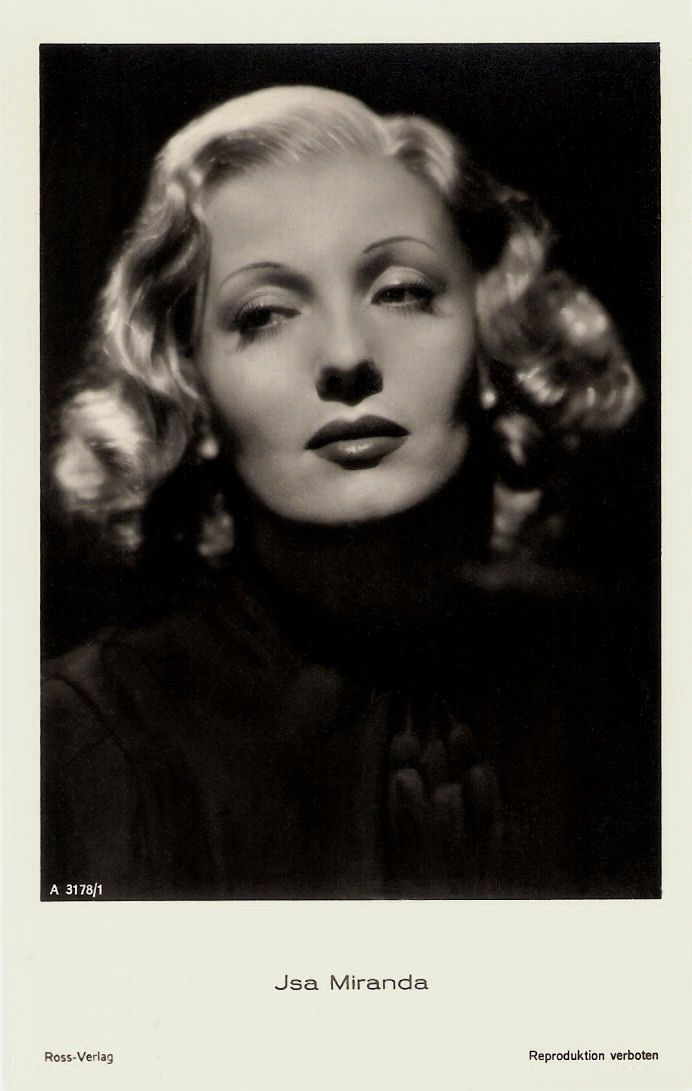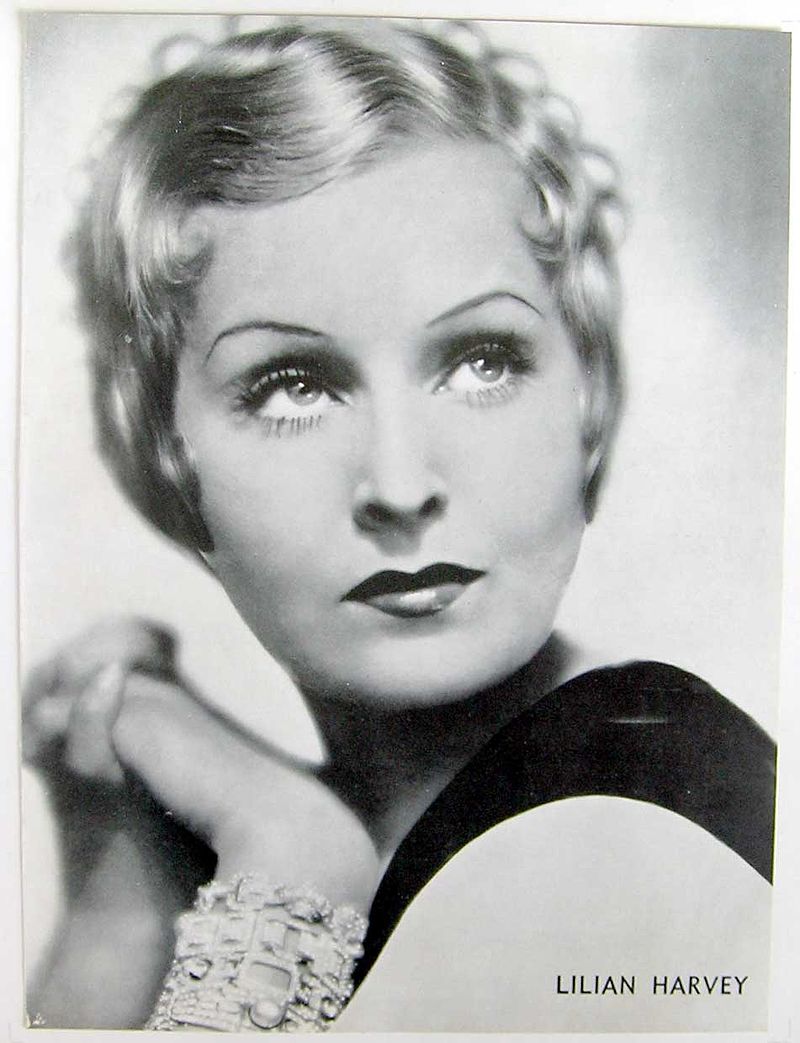Female sexuality seen from the film divas of fascism
This is the subject studied by the project “The erotic body of the actress under fascisms: Spain, Italy and Germany (1939-1945)” being carried out by the research group led by Núria Bou.
A project led by Núria Bou and Xavier Pérez, researchers at Pompeu Fabra University, looks into the main common traits and the singularities that can be found in the imaginary of femininity in Spanish, Italian and German films screened during the period 1939-1945.

Research work, “The erotic body of the actress under fascisms: Spain, Italy and Germany (1939-1945)”, funded by the Spanish Ministry of Economy and Competitiveness, has been carried out since 2014 by national and international researchers, coordinated by the CINEMA (Center for Aesthetic Research on Audiovisual Media) Research Group at UPF’s Department of Communication. It is expected to finish in 2017.
From 1939 until the end of the Second World War the Spanish totalitarian regime coexisted with German Nazism and Italian Fascism. Some of the issues this study addresses include: Can the exaltation of the Aryan body in Germany, the assumption of Mediterranean naturalness in the case of Italian divas, the rigour of National Catholicism in relation to women in the early years of Franco be equated? Or rather do they represent three different, sometimes interconnected regimes - in relation to patriarchal and conservative ideology?
Desire, eroticism and repression in the national star system of the three film industries

The work conducts a systematic study of the filmmaking trajectory of a series actresses who represented the national star system of the three film industries during the period 1939-1945: Imperio Argentina, Estrellita Castro, Conchita Montenegro, Mercedes Vecino and Amparo Rivelles for the Spanish industry, Alida Valli, Luisa Ferida, Clara Calamai and Isa Miranda in the Italian context, and Marika Rokko, Lilian Harvey and Zarah Leander for the case of Germany, who embody the values for exalting and in turn the repressed elements of the underlying ideology in such regimes in relation to female sexuality.
As Núria Bou and Xavier Pérez, principal investigators of the project, explain, “implicitly or explicitly, the censorship codes of the three fascist states relegated female desire to the domains of the patriarchal order, but that does not mean that their films do not include the erotic dimension”.
The research results obtained so far highlight that while the mentality of the censors was against awakening the exaltation of sexuality, the films exerted their own regulatory mechanisms and subtle permeability. “Was this eroticism a mere sign of a repressive ideology?” the researchers ask themselves.

Points of convergence of the three European film industries
Evidence has been found that, in those years, for historical and ideological reasons, there were many production bridges that linked the star system of the three European film industries. The study highlights the importance of the international factor and communication that was established between these cinemas by means of the circulation of actresses of the three countries, and asks if the journey to Hollywood of some of them was due to forced political exile or commercial interests.
The final outcome of this study will result in a fundamental approach to the characteristics of each of the three countries in the dichotomy between censorship and female eroticism, and an unprecedented contribution to the study of the gestation of the European star system during critical years of contemporary history.
In addition to articles in specialist journals, a monograph will be published coordinated by the members of the study, a website that will contain the fragments studied and the relationship the three actresses had with the different cinema industries.
Reference work:
“The erotic body of the actress under fascisms: Spain, Italy and Germany (1939-1945)” funded by the Spanish Ministry of Economy and Competitiveness, 2014-2016, extended until 2017.
Team of researchers:
Principal Investigators: Núria Bou (UPF) and Xavier Pérez (UPF)
Researchers: Jordi Balló (UPF), Manuel Garín (UPF), Gonzalo De Lucas (UPF), Alejandro Montiel (Polytechnic University of Valencia), Juan Miguel Company (University of Valencia).
Work team:
Albert Elduque, Carlos Losilla, Raffaele Pinto (University of Barcelona), Gino Frezza (University of Salerno), Vincenz Hediger (University of Frankfurt), Margarida Carnicé (UPF) and Endika Rei (UPF).
